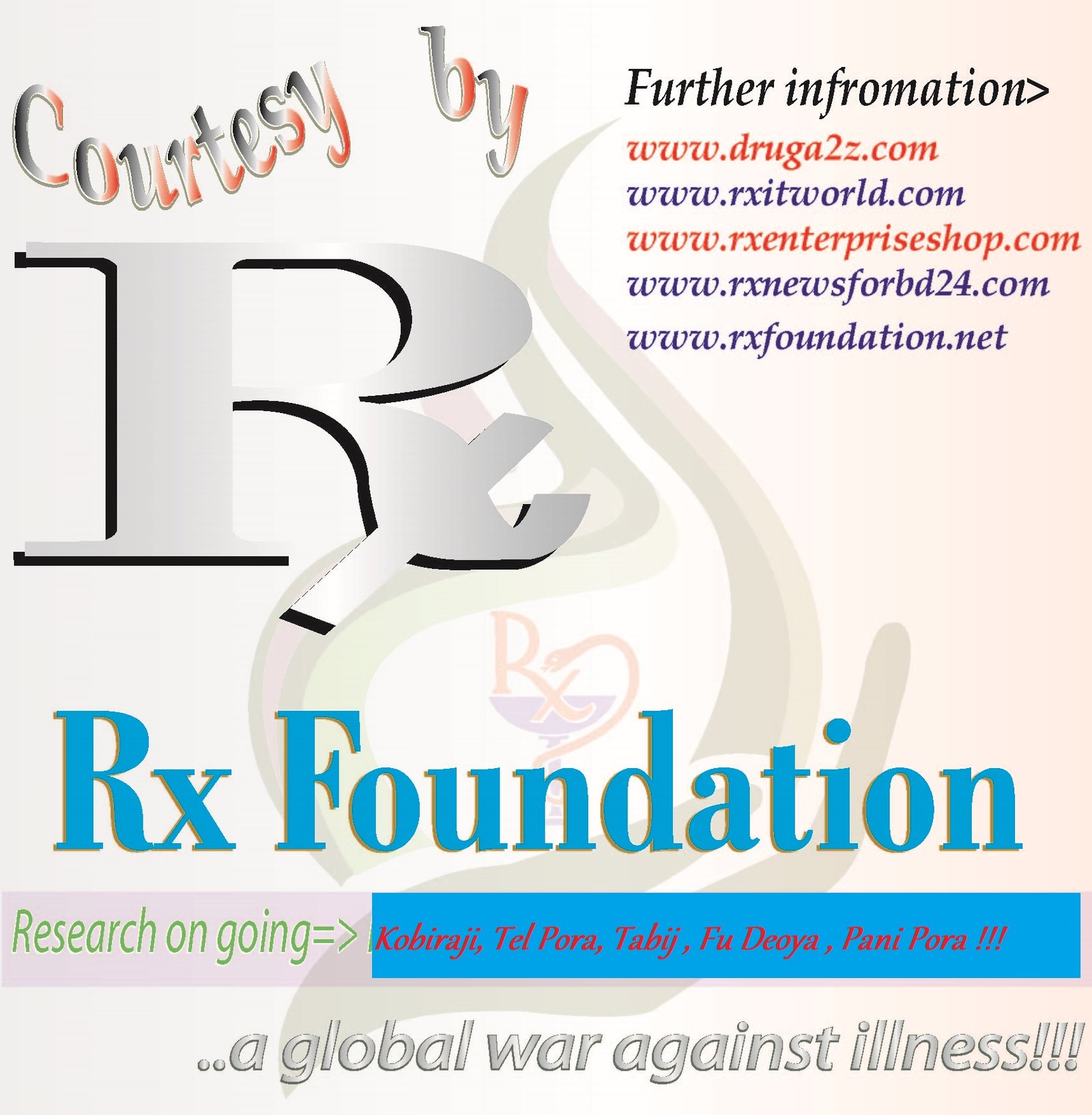Anastrozole is a nonsteroidal inhibitor of estrogen synthesis that resembles paclitaxel in chemical structure. As a third-generation aromatase inhibitor, anastrozole selectively binds to and reversibly inhibits aromatase, a cytochrome P-450 enzyme complex found in many tissues including those of the premenopausal ovary, liver, and breast; aromatase catalyzes the aromatization of androstenedione and testosterone into estrone and estradiol, the final step in estrogen biosynthesis. In estrogen-dependent breast cancers, anastrozole may inhibit tumor growth. (NCI04)
Mechanism of Action
Anastrozole selectively inhibits aromatase. The principal source of circulating estrogen (primarily estradiol) is the conversion of adrenally-generated androstenedione to estrone by aromatase in peripheral tissues. Therefore, aromatase inhibition leads to a decrease in serum and tumor concentration of estrogen, leading to a decreased tumor mass or delayed progression of tumor growth in some women. Anastrozole has no detectable effect on the synthesis of adrenal corticosteroids, aldosterone, and thyroid hormone.
or
Anastrozole is a nonsteroidal aromatase inhibitor that interferes with estradiol production in peripheral tissues. Adrenally generated androstenedione, the chief source of circulating estrogen in postmenopausal women, is converted by aromatase to estrone, which is further converted to estradiol. The growth of many breast cancer tumors containing estrogen receptors and aromatase can be promoted by estrogen.
Indications of Anastrozole
- For adjuvant treatment of hormone receptor-positive breast cancer, as well as hormonal treatment of advanced breast cancer in post-menopausal women. Has also been used to treat pubertal gynecomastia and McCune-Albright syndrome; however, the manufacturer states that efficacy for these indications has not been established.
- Breast Cancer
- McCune-Albright Syndrome
- Pubertal Gynecomastia
- Endometrial Cancer
- Locally Advanced Breast Cancer
- Metastatic Breast Cancer
- Recurrent Ovarian Cancer
- Stage I Breast Carcinoma
- Metastatic Endometrial cancer
- Metastatic Uterine cancer
- Refractory, advanced Breast cancer
- Treatment of advanced breast cancer in postmenopausal women
Contra-Indications of Anastrozole
- High cholesterol
- Disease of Inadequate Blood Flow to the Heart Muscle
- Decreased Calcification or Density of Bone
- Pregnancy
- A mother who is producing milk and breastfeeding
Dosage of Anastrozole
- Strengths: 1 mg
Breast Cancer
- Initial dose: 1 mg orally taken once a day
- Duration of therapy: Until tumor progression (treatment of advanced breast cancer); unknown (adjuvant treatment of early breast cancer)
Side Effects of Anastrozole
The most common
- bloating or swelling of the face, arms, hands, lower legs, or feet
- constipation
- diarrhea
- dizziness
- hair thinning
- a headache
- confusion
- a cough
- decreased urination
- diarrhea
- difficulty breathing
- dizziness
- dry mouth
- fever
- hoarseness
- increased heart rate
- irregular heartbeat
- lightheadedness
- lower back or side pain
Common
- pain in the chest, groin, or legs, especially the calves
- painful or difficult urination
- pale skin
- pinpoint red spots on the skin
- rapid breathing
- Change in taste
- dry mouth
- loss of taste
- loss or thinning of hair
- swelling or inflammation of the mouth
Rare
- the general feeling of discomfort or illness
- itching
- loss of appetite
- nausea
- numbness or tingling in the face, arms, or legs
- rapid, shallow breathing
- a severe headache
- skin rash
- stomach pain or tenderness
- swelling of the feet or lower legs
- thickening of bronchial secretions
- trouble speaking or walking
- vomiting
- yellow eyes or skin
Drug Interactions of Anastrozole
Anastrozole drugs may interact with following drugs, supplements& may change the drug efficacy
- any estrogen-containing medications
- thalidomide
- aripiprazole
- clozapine
- denosumab
- aminophylline
- amoxicillin
- clarithromycin
- empagliflozin
- metformin
- bupropion
- butabarbital
- butalbital
- immunosuppressants (e.g., prednisone, dexamethasone, tacrolimus, cyclosporine)
- natalizumab
- pimecrolimus
- metformin/saxagliptin
- metformin / sitagliptin
- methotrexate
- olsalazine
- other cancer medications (e.g., cyclophosphamide, doxorubicin, etoposide)
- sulfamethoxazole
- sulfasalazine
- trastuzumab
- vemurafenib
- verapamil
- voriconazole
- trimethoprim
- vaccines (e.g., yellow fever, BCG, cholera, typhoid, varicella, meningococcal, diphtheria)
- warfarin
Pregnancy Category
US FDA Pregnancy Category – X
Pregnancy
Safety has not been established during pregnancy.
Lactation
Due to the potential for serious adverse reactions, breastfeeding is not recommended during treatment.
References
